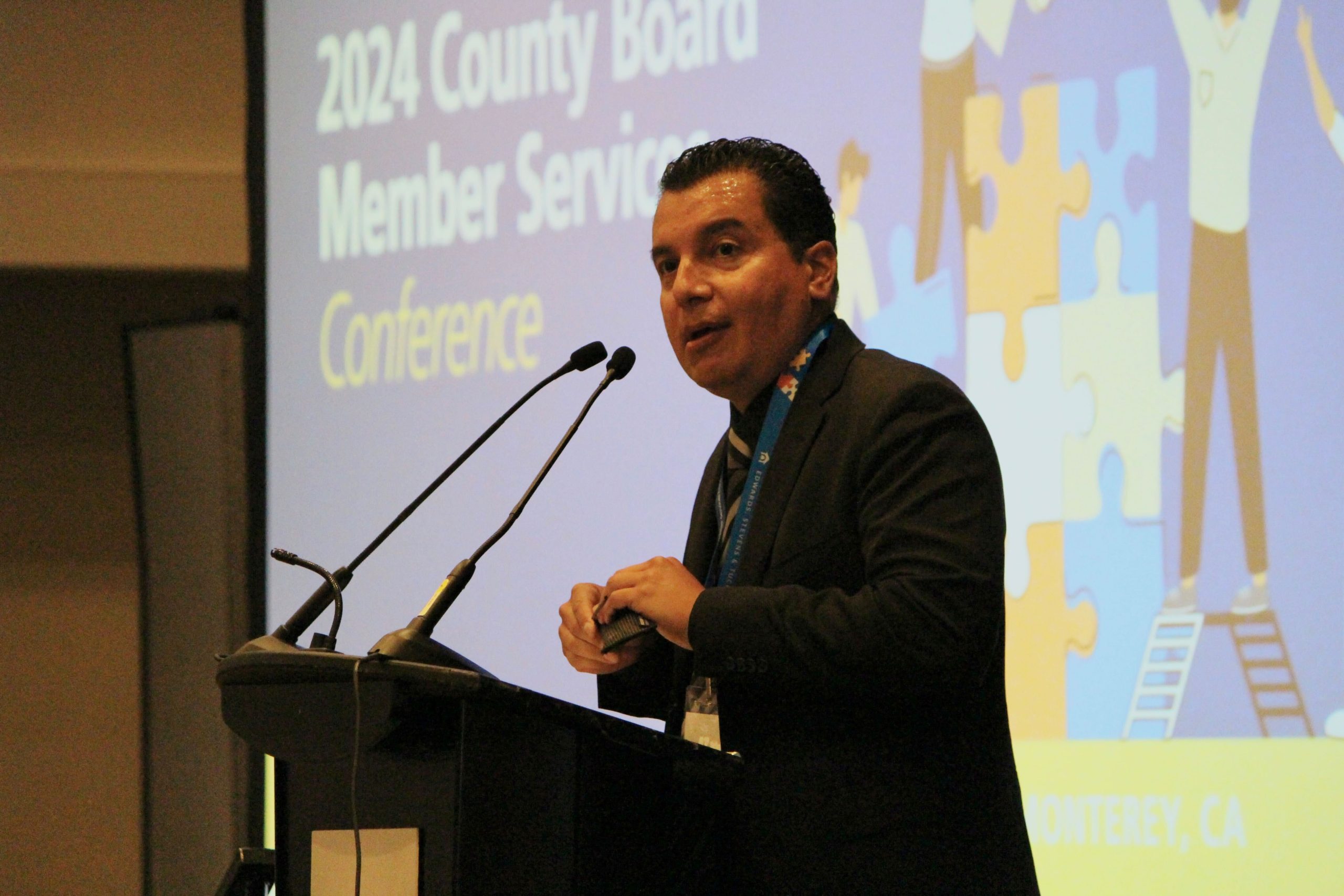A special presentation on the 2024–25 state budget from the Legislative Analyst’s Office highlighted the Feb. 15 meeting of CSBA’s Superintendents Council. The convening also featured analysis of Elementary and Secondary School Emergency Relief Fund (ESSER) updates and reporting requirements, revenue options to support increased school funding, proposals to mandate electric school buses and ongoing initiatives from CSBA’s Education Legal Alliance and Governmental Relations teams.
Budget conversations took center stage when Deputy Legislative Analyst Edgar Cabral offered an extensive review of the Governor’s Budget Proposal for TK-14 schools and potential options for addressing the state’s revenue shortfall, discussed in CSBA’s January analysis of the Governor’s Budget.
Key takeaways on the Governor’s Budget Proposal from the LAO’s perspective, include:
- Revenue estimates seem too optimistic (the LAO does not expect income tax revenue to rebound as quickly as the Governor’s projections)
- Estimates for the Proposition 98 guarantee have deteriorated
- Reserve withdrawals recommended by the Governor are reasonable given the situation, yet despite cuts and spending freezes, the budget appears unsustainable in future years
- The budget contains several proposals delaying instead of eliminating spending, which adds to future deficits and is likely unaffordable given current and projected revenue conditions
- A funding maneuver that “accrues” $8 billion in prior-year payments to future years sets a problematic precedent and could worsen the state’s Prop 98 outlook
- More belt tightening is required as the Proposition 98 guarantee is $7.7 billion below the Governor’s January budget levels according to new LAO revenue estimates
- Budget proposal continues to rely on one-time funds to pay for ongoing Local Control Funding Formula (LCFF) costs to the tune of $2.2 billion
- The proposed .76 percent cost-of-living adjustment is responsible for more than a quarter of the $2.2 billion shortfall within the LCFF
- The state could achieve savings by revisiting recent program expansions such as Extended Learning Opportunity Programs, state preschool, nutrition, school transportation, transitional kindergarten and school staffing ratios
The LAO presentation, with its projection of gloomier days ahead, reinforced the need for a vigilant defense of CSBA core budget positions, such as funding schools above the Proposition 98 Minimum Guarantee, maintaining the LCFF at existing levels, providing for the full rollout of universal transitional kindergarten, preserving resources for student mental health, safeguarding previous gains in special education funding and supporting a potential school facilities bond on the November 2024 ballot.
CSBA is also actively pushing back against increasing costs, the expansion and underfunding of unfunded mandates, reduced school facilities funding, and a lack of consideration for the unique challenges faced by small, rural and basic aid school districts.
While budget dominated the conversation, the meeting also featured analysis of ESSER updates and reporting requirements, revenue options to support increased school funding, proposals to mandate electric school buses and ongoing initiatives from CSBA’s Education Legal Alliance and Governmental Relations teams.
Superintendents Council members represent local educational agencies of all sizes and demographics and hail from every part of the state, so a range of views are expressed on every issue. Nevertheless, some consensus opinions emerged from the discussion:
- Widespread concerns exist about how to continue accelerating learning recovery after the expiration of one-time ESSER funds that were essential to hiring staff for many of the labor-intensive approaches proven to be most effective in boosting student learning coming out of the pandemic.
- While reducing carbon footprint at the local level is an admirable goal, mandating the purchase of electric busses by 2035 is unreasonable for a host of technological, logistical topographical and financial reasons for many LEAs, particularly those in small and rural areas or those with difficult terrain.
- The voluminous number of reports required by the state presents an undue burden, particularly for small school districts, and interferes with LEA’s ability to focus time and resources on academic achievement and support. All parties recognize the importance of transparency and accountability but seek a balance between these values and a manageable reporting structure, a goal CSBA is supporting with legislation this session.





